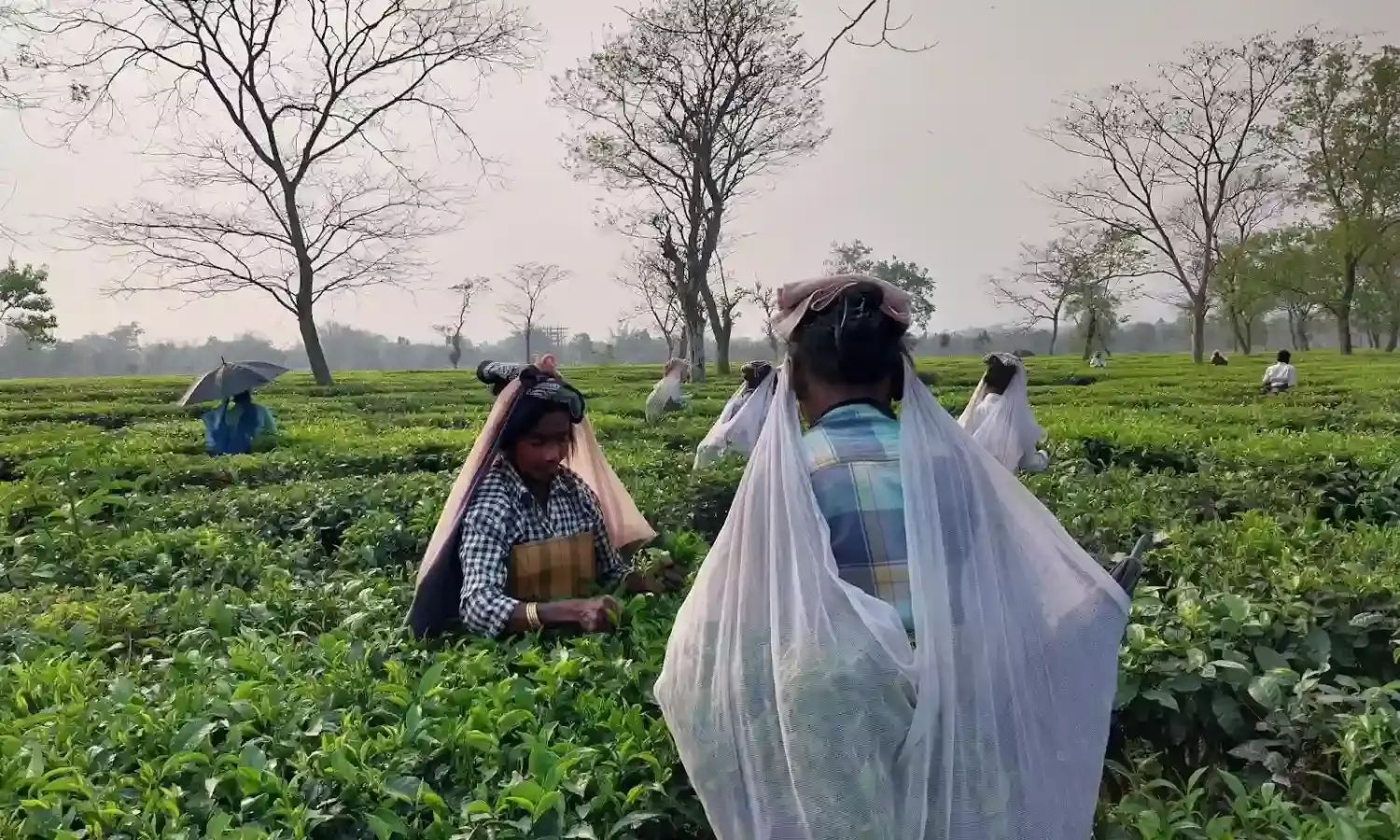Tea Plantations On Their Last Legs in Darjeeling
Photo story

Darjeeling, the queen of hills, is famed the world over for its tea. Most people here, in the northern part of West Bengal, depend for their livelihood on the tea industry.
Besides Darjeeling itself, there are also tea plantations in the Jalpaiguri, Alipurduar and Cooch Behar districts, all located in north Bengal.
The main issue affecting tea workers here is the closure of these tea gardens. When tea gardens close, its labourers usually turn to work as daily wagers in nearby places to which they commute daily. Some even leave for the metropolitan cities.
According to a source who works with a non-profit in Darjeeling, when tea gardens close, the workers are suddenly disemployed and their family income declines. “Some even borrow money, go abroad, work for a few years and then return. There is migration, and with it a disruption in the social order after the gardens close down. The daily routine breaks.”
Facing impacts of global warming, Darjeeling’s tea production has decreased in the last 40-50 years. There are further issues like labour problems, erratic rainfall, and the lack of fine plucking. Plucking is usually performed by women while the men are engaged in other tasks, like spraying insecticides.
Another source, who sells tea online and did not wish to be named, says that as Darjeeling’s tea production has fallen, Nepal has filled in the void. “Nepal has better tea due to its pristine environment, but lacks proper marketing,” he adds.
Berna Kujur was once a tea garden worker in Darjeeling. He worked in an estate known as Panighatta. “It is now closed. Many of my friends have gone to Delhi or Bangalore for work. There are people here who were once colleagues and now are engaged in other things.” The tea estate, which was member of the Tea Association of India, was shut down around 2017.
Workers in many tea plantations also confront wildlife in a shrinking habitat, and this takes a toll on women workers. Many women who pluck the tea leaves are afraid of the leopards which reside permanently in the tea gardens. There have been cases of injuries.
Avijan Saha, who runs an organisation in Siliguri called the Airavat Trust, says that many tea workers moved to work in riverbeds to crush stones after the tea gardens shut down. He says it fetches them a higher daily income compared to the plantations.
“When the Panighatta tea garden closed, there were deaths related to malnutrition,” says Saha. “Elephants and other wild animals started staying here as a dense jungle gradually developed. Leopards also arrived on the scene and this led to attacks on cattle.”
The starvation deaths of many tea plantation workers have been reported from West Bengal in the past decade. Some of the gardens, with tea plants over 150 years old, were found to be paying their workers only 4,000 Rs per month, whereas a kilogram of Darjeeling tea would sell for over Rs 250 in Siliguri.



